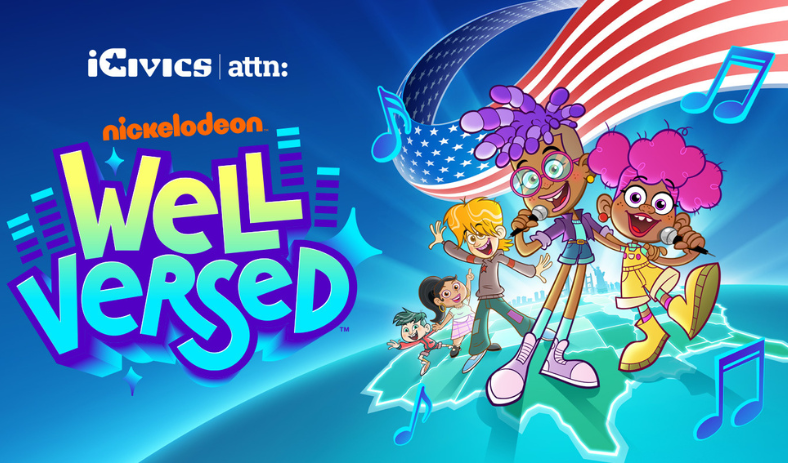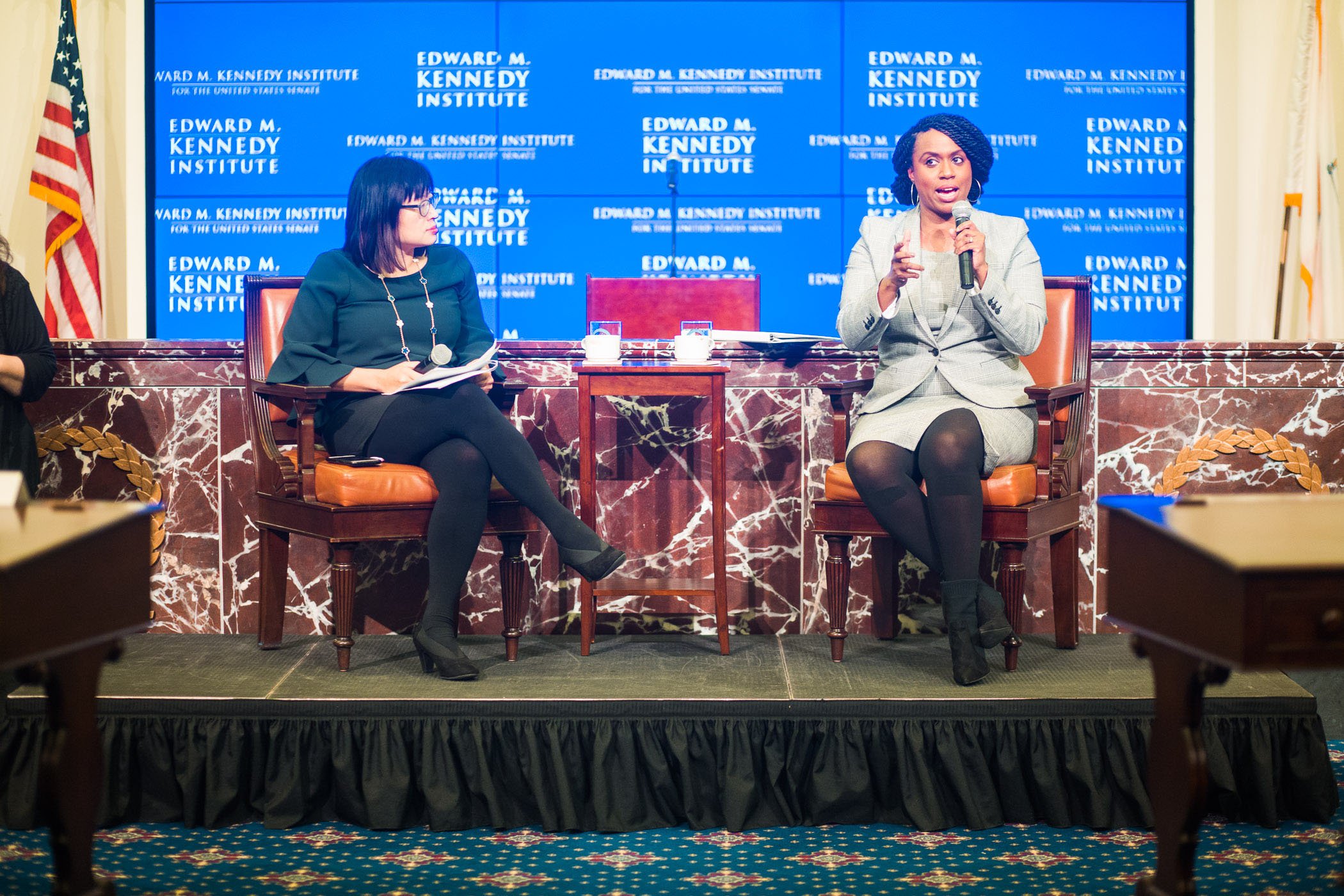As educators, your classrooms are spaces where students not only learn academic skills but also grow into empathetic, thoughtful and informed citizens. In today's changing landscape, it's essential to ensure that the lessons we teach align with state and local guidelines, while still fostering critical thinking and celebrating the rich diversity of our communities. For many educators, this means finding creative ways to address important topics in ways that feel safe, inclusive and meaningful.
At the heart of inclusive education is the understanding that every student deserves to feel seen, valued and empowered. To navigate current challenges, we can use universal values and academic rigor to guide our approach, focusing on skills such as collaboration, respect and problem-solving. This not only creates a positive classroom environment but also equips students to engage thoughtfully with the world around them.
Practical Tips for Reframing Lessons
1. Focus on Skills Development
Frame lessons around critical thinking and real-world applications. For example, instead of: "This activity explores systemic racism and privilege." Try: "This activity examines historical and social structures and their influence on society."
Learn more with these resources:



































